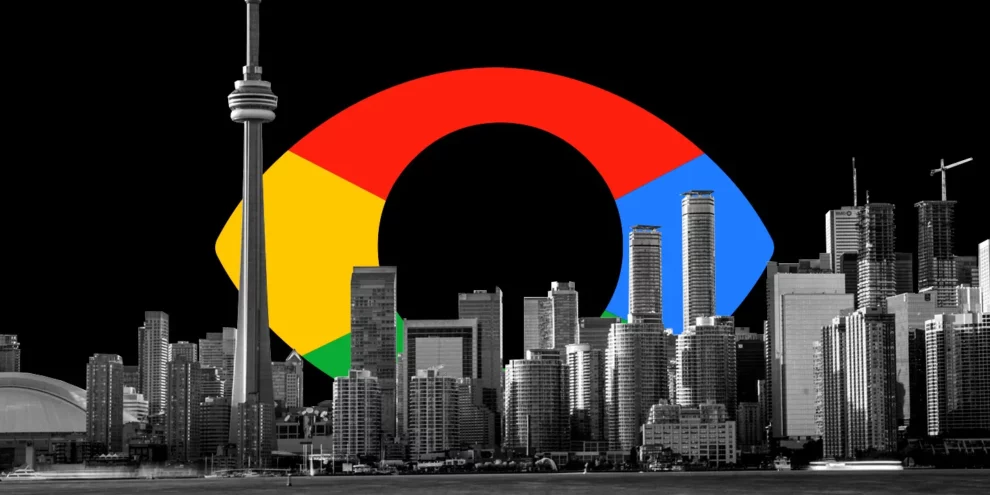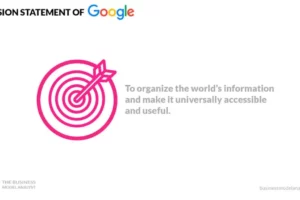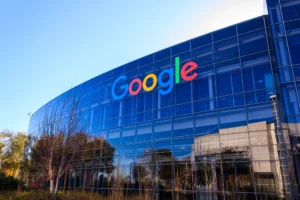Cities are evolving into intelligent hubs, leveraging technology to enhance efficiency, sustainability, and quality of life. At the forefront of this transformation is Google, whose innovations in data analytics, AI, and IoT are redefining urban planning and governance. From improving transportation systems to optimizing energy consumption, Google is playing a pivotal role in creating smarter, more livable cities. This article explores how Google is shaping the future of smart cities, examining its initiatives, partnerships, and the broader implications for urban development.
The Rise of Smart Cities
Smart cities are characterized by their ability to collect, analyze, and act on data to improve services and infrastructure. This concept encompasses everything from traffic management and public safety to waste disposal and healthcare. The potential benefits are vast: reduced congestion, lower carbon emissions, enhanced citizen engagement, and increased economic opportunities. However, realizing these benefits requires a coordinated effort involving government, private sector, and citizens.
Google’s involvement in smart cities stems from its expertise in data-driven decision-making and its commitment to sustainability. By leveraging its vast resources and technological prowess, Google is helping cities transition from traditional models to intelligent, data-centric frameworks.
Google’s Initiatives: Transforming Urban Infrastructure
Google’s contributions to smart cities span multiple domains, each addressing critical challenges faced by urban centers. Here are some of the key initiatives:
Waze: Revolutionizing Transportation
Waze, acquired by Google in 2013, is a crowdsourced navigation app that provides real-time traffic updates and alternative routes. By aggregating data from millions of users, Waze offers unparalleled insights into urban traffic patterns. This information is invaluable for city planners, who can use it to optimize road networks, deploy emergency services more efficiently, and reduce congestion.
Waze’s Connected Citizens Program (CCP) takes this collaboration a step further. Through CCP, Waze partners with cities to share data and insights, enabling municipalities to make data-driven decisions. For example, Rio de Janeiro uses Waze data to manage traffic flow during major events, while Los Angeles leverages it to plan bus routes and improve pedestrian safety.
Sidewalk Labs: Rethinking Urban Design
Sidewalk Labs, a subsidiary of Alphabet (Google’s parent company), is at the forefront of experimental urban design. The company’s flagship project, Quayside, aimed to create a sustainable, tech-enabled neighborhood in Toronto. While the project faced challenges and was eventually shelved, it showcased Google’s vision for integrating technology into every aspect of urban life.
Quayside proposed innovative solutions for energy-efficient buildings, autonomous transportation, and adaptive public spaces. Although the project encountered regulatory hurdles and public skepticism, it sparked important conversations about the role of technology in urban development. Google continues to explore similar initiatives, focusing on sustainable, data-driven approaches to city planning.

Google Cloud: Enabling Data-Driven Governance
Google Cloud provides cities with the tools they need to harness the power of data. Through its suite of cloud services, cities can store, analyze, and visualize vast amounts of data, enabling them to make informed decisions. For example, cities can use Google Cloud to monitor air quality, track energy consumption, and predict maintenance needs for infrastructure.
One notable project is the City Brain initiative in Hangzhou, China. Developed in partnership with Alibaba Cloud, City Brain uses AI to optimize traffic flow, reduce congestion, and improve public safety. Similar initiatives are underway in cities like Barcelona and Singapore, demonstrating Google’s global reach and influence.
AI and IoT: The Backbone of Smart Cities
Artificial intelligence (AI) and the Internet of Things (IoT) are the twin pillars of smart city infrastructure. Google’s investments in these technologies are driving transformative change.
AI for Predictive Maintenance
Predictive maintenance is a game-changer for urban infrastructure. By analyzing sensor data from roads, bridges, and buildings, AI systems can predict failures before they occur. This proactive approach reduces maintenance costs, extends the lifespan of assets, and ensures public safety. Google’s TensorFlow and Cloud AI platforms enable cities to build custom AI models tailored to their specific needs.
IoT for Smart Grids
IoT devices are revolutionizing energy management. Smart grids, equipped with IoT sensors, enable real-time monitoring of electricity usage, allowing utilities to distribute power more efficiently. Google’s Nest Thermostat, for example, helps homeowners reduce energy consumption by learning their schedules and preferences. When combined with smart meters and grid optimization algorithms, these devices can significantly reduce energy waste.
Partnerships and Collaborations: Building a Smarter Future
Google’s impact extends beyond its own initiatives; the company collaborates extensively with governments, NGOs, and other organizations to amplify its reach. These partnerships are crucial for scaling smart city solutions and addressing complex urban challenges.
Smart City Accelerators
Google partners with organizations like the Smart Cities Council to accelerate innovation. The council provides resources, training, and mentorship to cities eager to adopt smart technologies. Through these accelerators, Google helps cities overcome barriers to adoption, such as lack of funding or technical expertise.
Open Source Contributions
Google is a strong advocate for open-source software, contributing tools and frameworks that cities can use to build their own smart solutions. For example, the TensorFlow Extended (TFX) framework enables developers to deploy machine learning pipelines in production environments. Similarly, the Google Cloud IoT Core service provides a scalable platform for managing IoT devices.
Ethical Considerations: Balancing Innovation with Responsibility
As Google shapes the future of smart cities, ethical considerations come to the fore. Privacy, security, and equity are critical issues that must be addressed. Here are some of the key concerns:
Privacy and Surveillance
Smart city technologies often involve collecting vast amounts of personal data. This raises concerns about privacy and surveillance. Google must ensure that data collection is transparent, consensual, and secure. Implementing robust encryption and anonymization techniques is essential for maintaining user trust.
Bias and Fairness
AI systems are only as good as the data they are trained on. If datasets are biased or incomplete, AI models can perpetuate existing inequalities. Google must address these biases systematically, ensuring that its algorithms treat all citizens fairly. This includes auditing models regularly and involving diverse stakeholders in decision-making processes.
Equity and Accessibility
Not all cities have equal access to technology or resources. Google must work to ensure that its solutions are equitable and accessible to all communities, regardless of socioeconomic status. This requires partnerships with local governments, NGOs, and grassroots organizations to bridge the digital divide.
The Broader Impact: A Smarter, More Sustainable World
Google’s contributions to smart cities extend beyond individual projects; they contribute to a broader vision of sustainability and resilience. By promoting data-driven governance, fostering innovation, and encouraging collaboration, Google is helping cities become more efficient, equitable, and livable.
For residents, the benefits are tangible: shorter commutes, cleaner air, safer streets, and improved access to services. For businesses, smart cities offer opportunities for growth, innovation, and competitiveness. For governments, they provide tools for better decision-making and resource management.
Google’s role in shaping the future of smart cities is undeniable. Through its initiatives, partnerships, and technological innovations, the company is driving transformative change in urban environments. However, this journey is not without challenges. Privacy, fairness, and equity must remain at the forefront of discussions as cities embrace technology.
The future of smart cities is bright, but it requires collective effort. Governments, businesses, and citizens must work together to ensure that technology serves the greater good. As Google continues to innovate, it must remain committed to ethical principles, transparency, and accountability. The path forward is fraught with challenges, but the potential rewards—safer, greener, and more vibrant cities—are worth pursuing.
In the end, the future of smart cities is not just about technology—it’s about people. By prioritizing human needs and aspirations, Google can help create cities that inspire, empower, and uplift their inhabitants. This vision of a smarter, more sustainable world is within reach, and Google is leading the charge.
















Add Comment